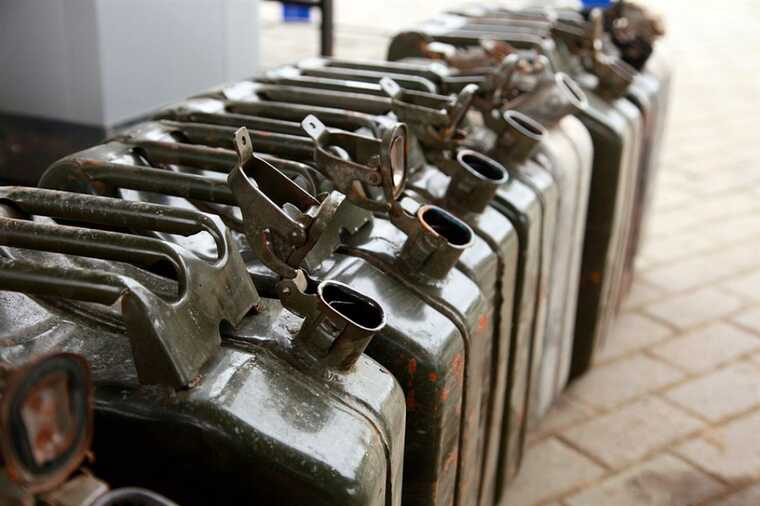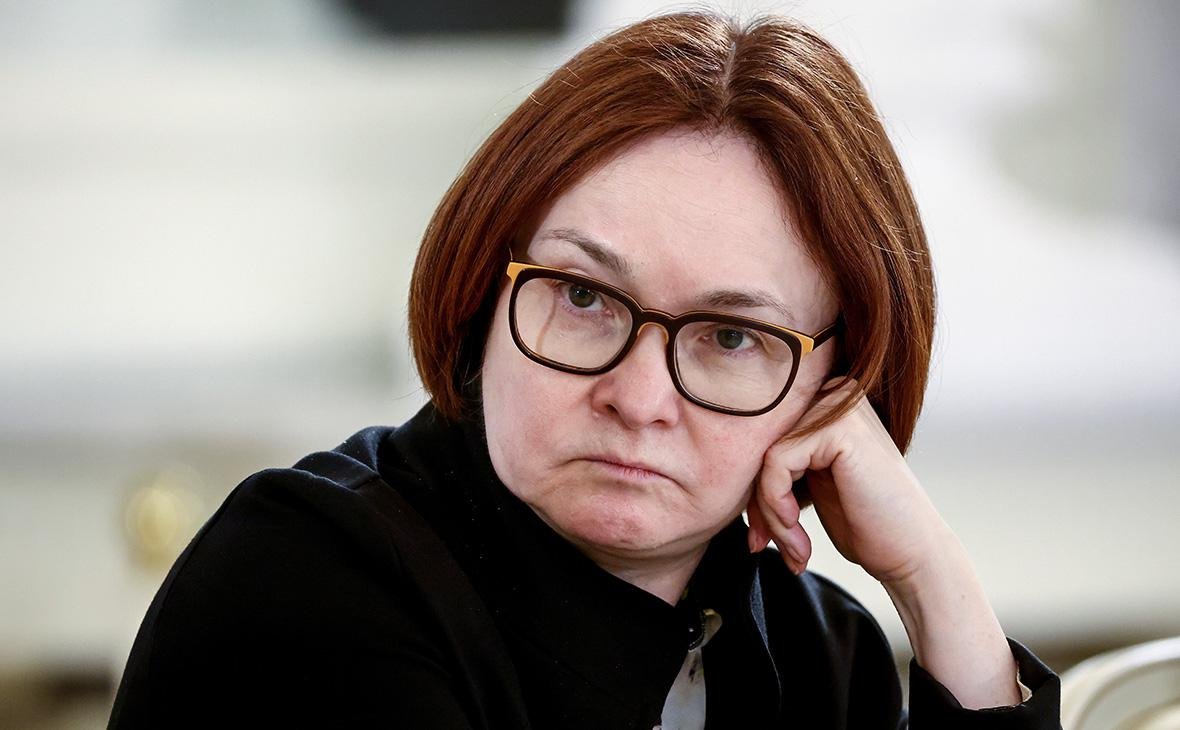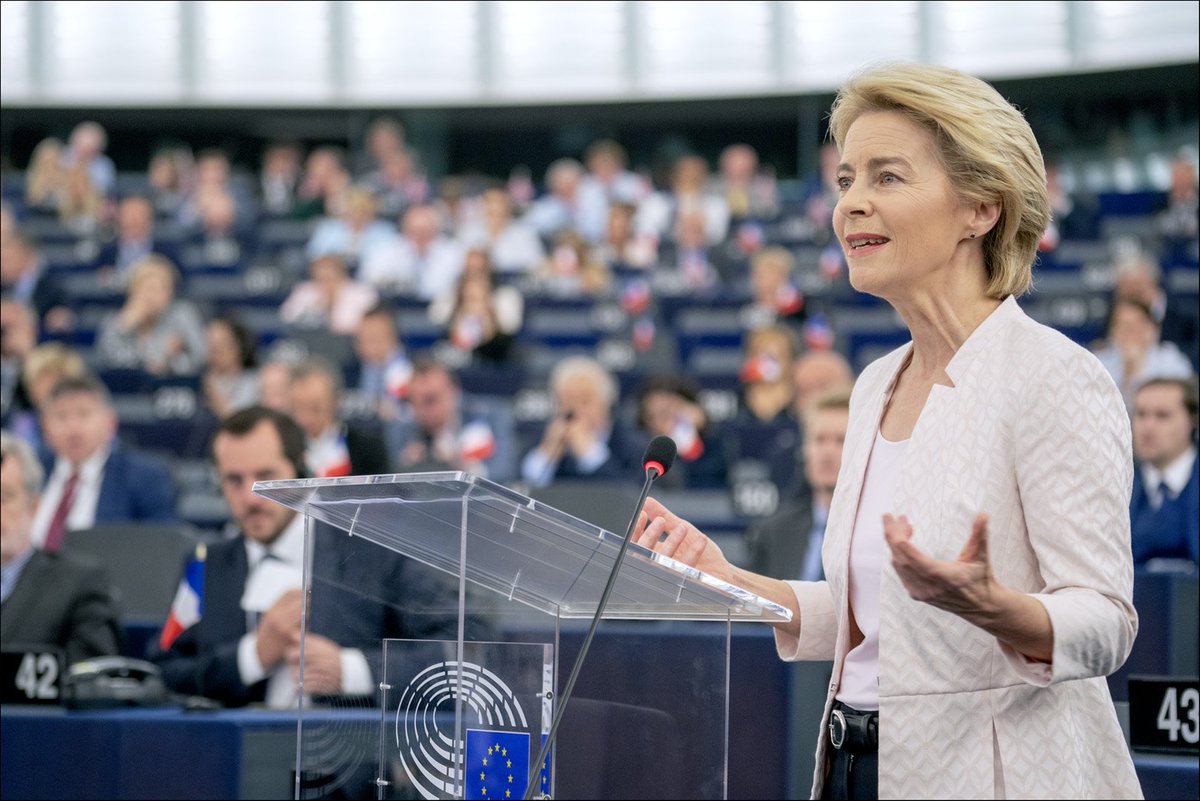The EU is preparing to transfer most of the frozen Russian assets to Ukraine. The scheme is being developed so that the funds are handed over without formal confiscation. The EU plans to use the frozen assets held in depositories to purchase zero-interest EU bonds, with the
1/5
1/5

proceeds directed to Kyiv. Russia would only be able to reclaim the assets if it agrees to pay reparations to Ukraine. The amount in question is around €170 billion. Significantly, countries like Germany, along with France and Belgium—previously concerned that seizing
2/5
2/5

Russian assets could undermine trust in the euro as a reserve currency—are now supporting the plan. These fears have eased against the backdrop of political turmoil in the US and the weakening of the dollar. Moreover, with Washington’s reluctance, especially Trump’s
3/5
3/5
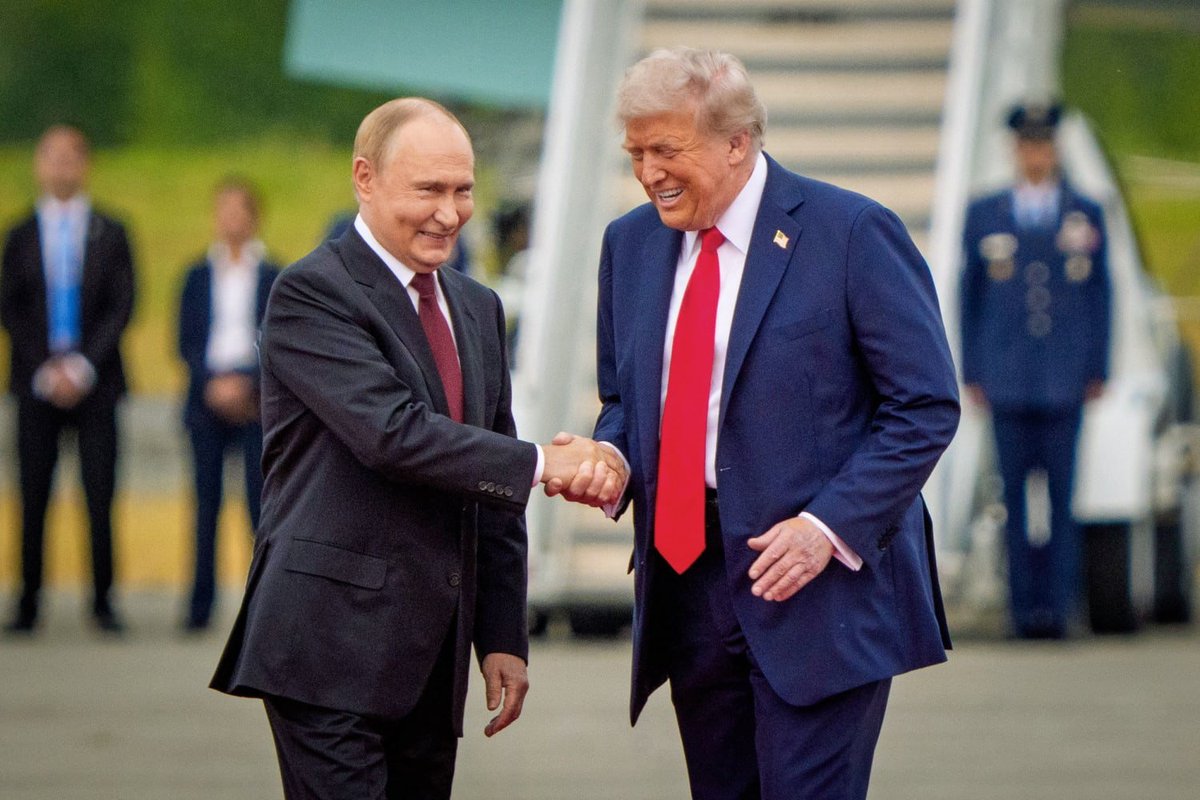
unwillingness, to pressure Putin, the burden of supporting Ukraine has shifted squarely onto the EU. Unlocking Russian assets would ease pressure on European budgets, where it is becoming increasingly difficult to find new funds for aid. It could also have a positive impact
4/5
4/5
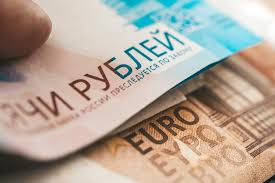
on European voters and reduce support for far-right forces calling for an end to assistance to Ukraine. While the plan is still far from implementation, it is a step in the right direction.
5/5
5/5
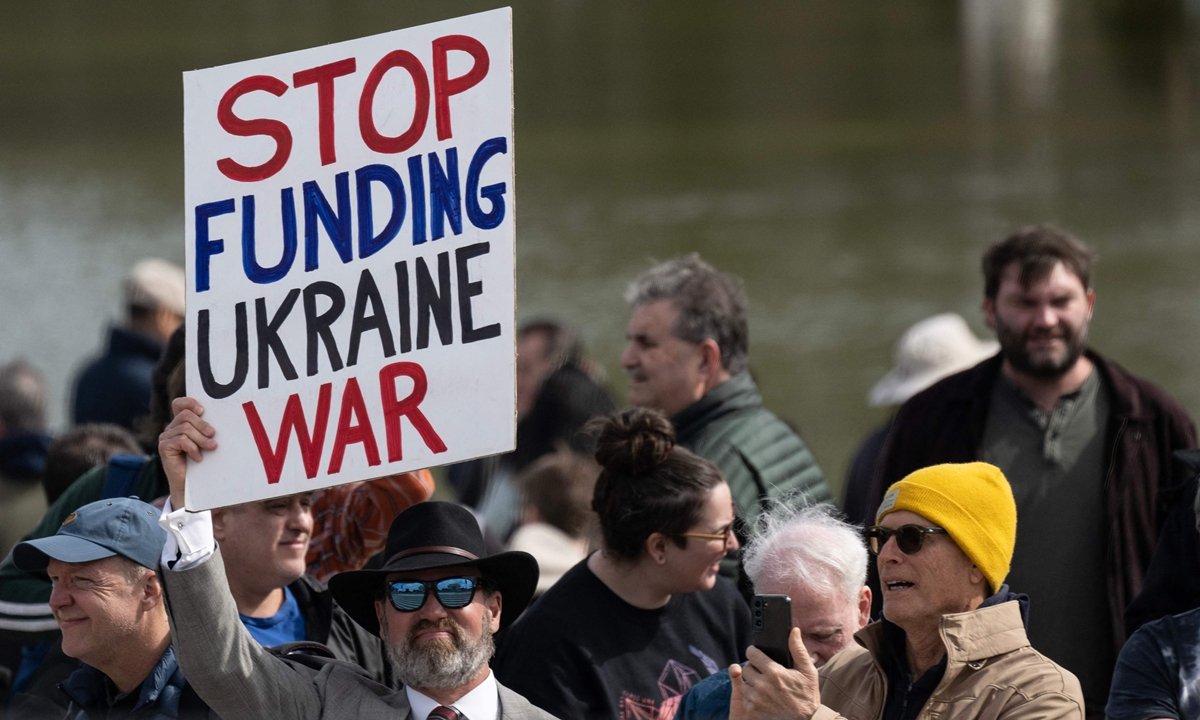
• • •
Missing some Tweet in this thread? You can try to
force a refresh










